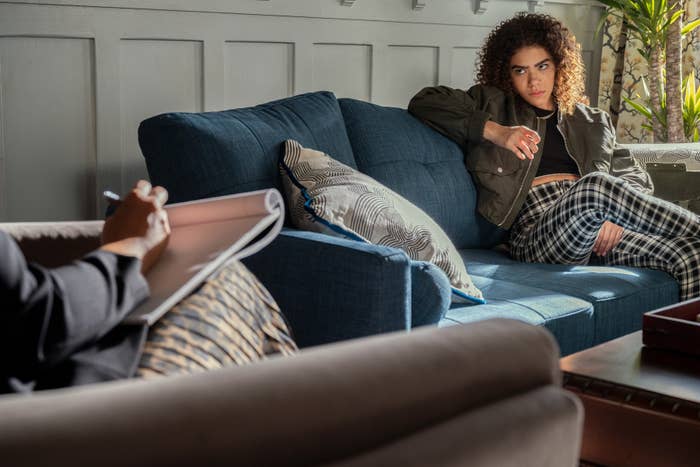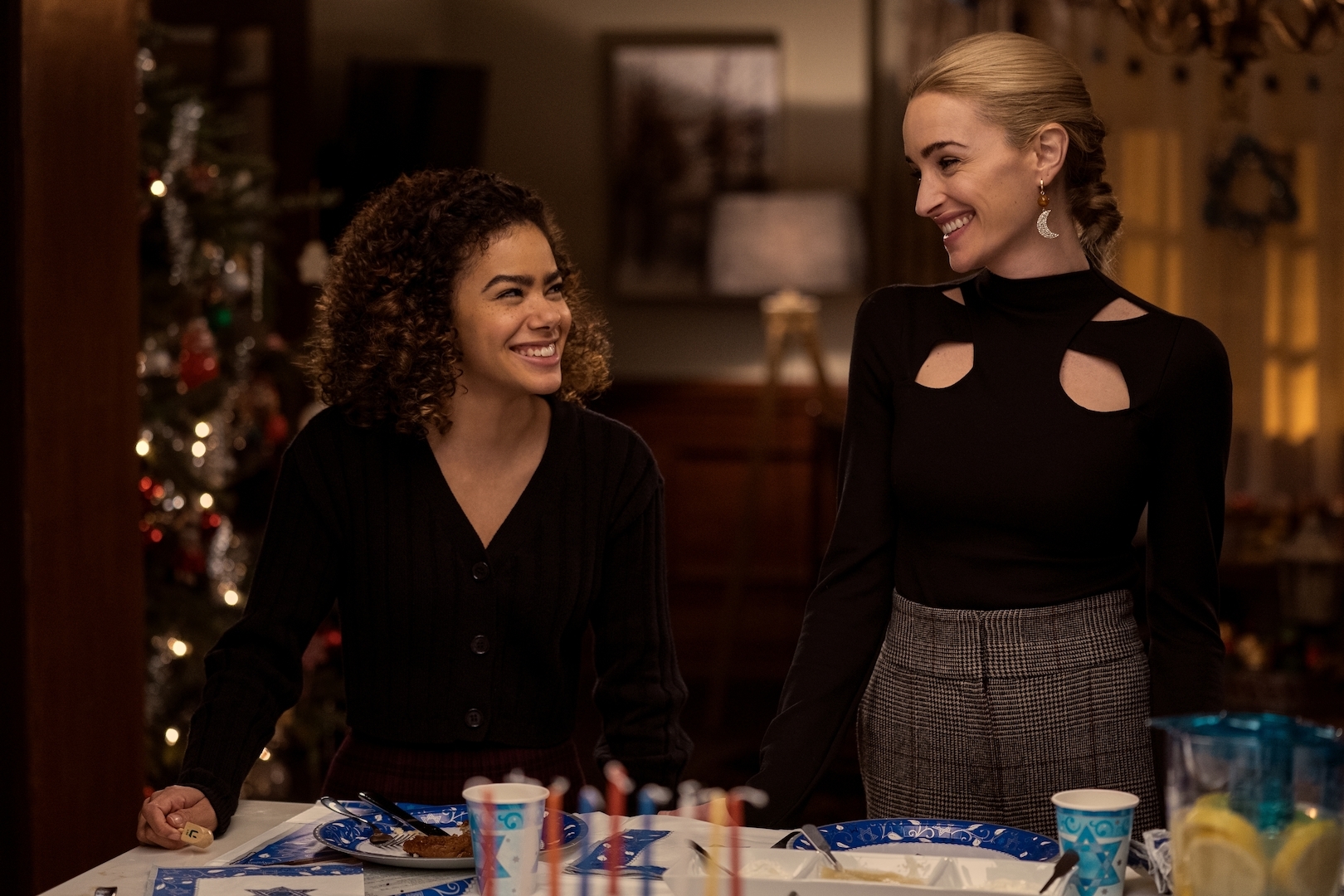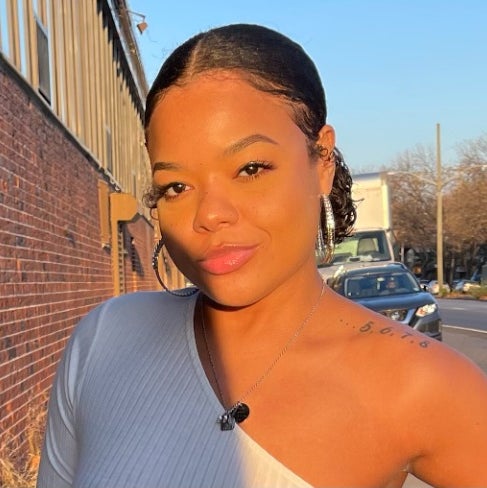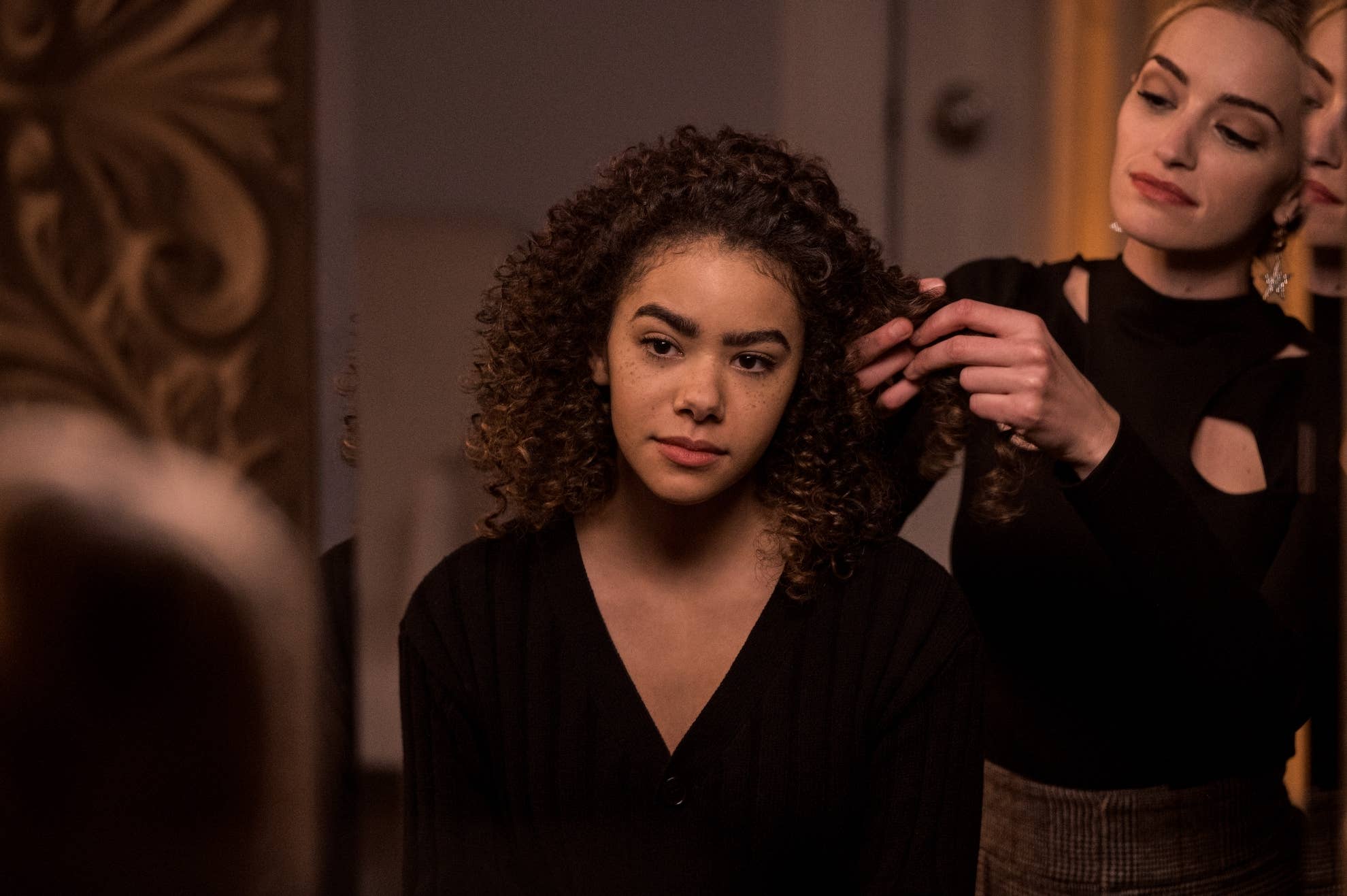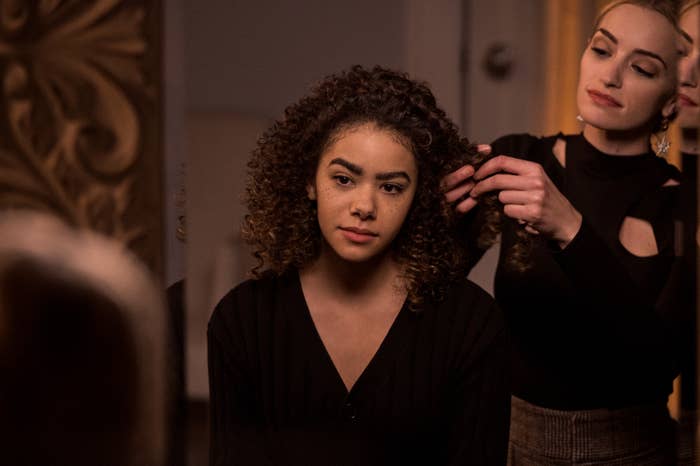
There’s a reason Ginny & Georgia Season 2 became the No. 1 show on Netflix and dethroned Wednesday after a six-week run. The show is exhilarating.
Created by Sarah Lampert, the series depicts the lives of troubled mother Georgia Miller (Brianne Howey) and her teenage daughter, Ginny (Antonia Gentry), who attempt to escape their past by starting over in Wellsbury, Massachusetts. Season 2 aired on Jan. 5, with 10 episodes that left viewers on the edge of their seats. The second installment picks up by showing the aftermath of Ginny running away with her younger brother, Austin, after learning about Georgia’s murderous past.
If you haven’t finished watching…it’s time to catch up. Not only does this season dive into Georgia’s deadly past, but it also touches on important issues such as therapy and discovering one’s identity. Ginny, who is a biracial teen, has a tough time finding the balance between her different groups of friends. These problems were brought to light with the help of brilliant Black writers like Angela Nissel, who has writing credits on hit shows such as Mixed-ish, Bigger, and Scrubs. And Mike Guayo, who has written on Insecure and Send Help.
While reflecting on the addition of Nissel’s writing this season, Gentry explained why it’s important to have the Black experience represented in a meaningful way on the small screen. “Bringing in writers and producers who have that experience and opinion on a matter that is very real to so many people only improves the quality of the show,” the 25-year-old actor explained. “It’s representation of those things.”
Just last week, a tweet from Keke Palmer went viral in which she said her chauffeur was marathoning Ginny & Georgia in hopes of learning more about his teenage daughter. If that isn’t proof that the mother-daughter series reaches a wider audience, then what is?
During a recent interview with Complex, Gentry spoke in detail about Ginny’s identity journey throughout Season 2, Nissel’s writing, her hopes for a potential Season 3, the painful breakup with her character’s boyfriend, and more.
